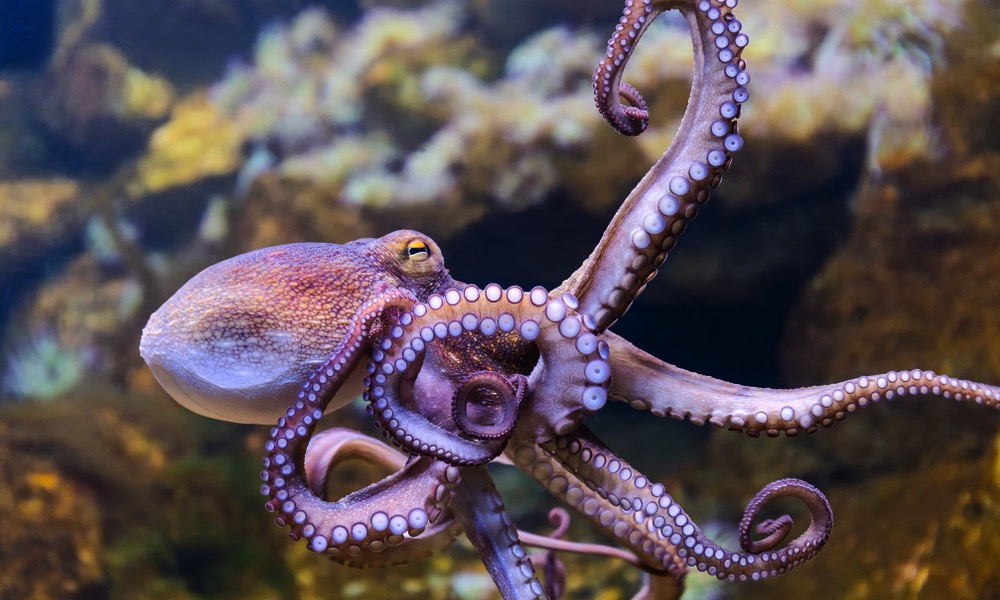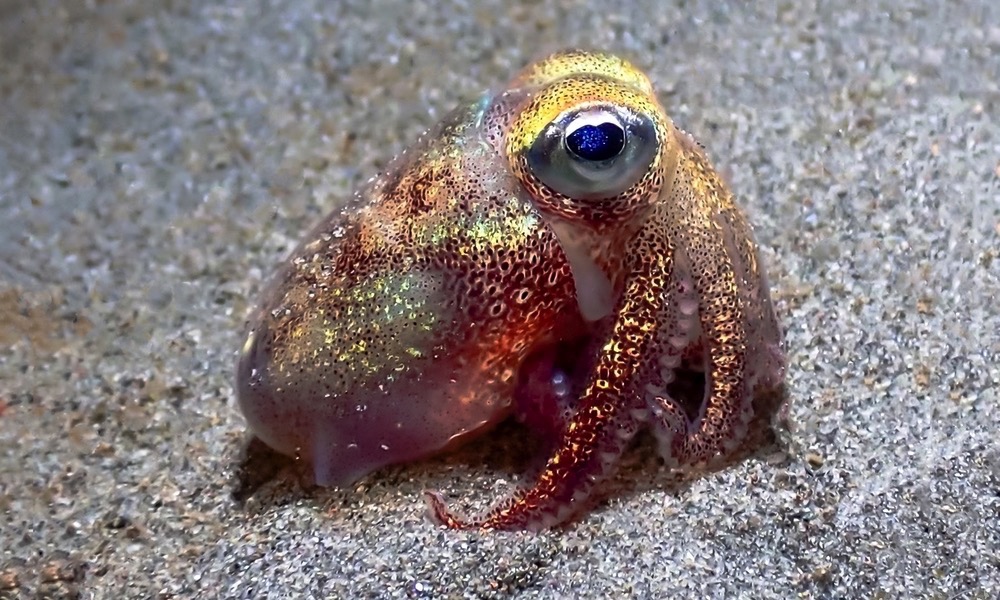Scientists Just Discovered Why Octopuses Self-Destruct After Mating
 Credit: Henner Damke / Shutterstock
Credit: Henner Damke / Shutterstock
Toggle Dark Mode
Octopuses are famously smart, sneaky, and – in the right circumstances – very tasty. But, like many other creatures on earth, they also have a pretty terrifying love life. You see, when most octopus species mate and lay eggs, it’s game over for both of them.
Like salmon spawning and dying upstream, octopus mating sadly signals the end of an octopus’s life. The female laying the eggs will literally tear herself apart and is generally dead before any of the eggs even hatch. A trigger also occurs in male octopuses, causing them to wither and die within a few months.
Creepy? Yes. But scientists have been puzzling over why it happens.
Technically, there was no clear reason that mating should make octopuses go crazy and die. But new studies are starting to show an answer.
A hormonal storm in an octopus’s brain triggers when they mate, and it also ultimately destroys them.
The key is the optic gland, a small gland between the eyes of an octopus that, like our pituitary gland, manages physical development and aging. New techniques have allowed researchers to monitor the flow of molecules from this gland, especially in octopuses that have just mated.
When it turns on, the optic gland immediately starts pumping up the levels of sex hormones, insulin-like hormones, and precursors of cholesterol. Together, those bursts of molecules ravage the octopus’s body.
Precursors of cholesterol, in such high amounts, are bad for all kinds of creatures and have even been known to cause eating difficulties and obsessive self-injury among humans.
Combine the cholesterol molecules with the flood of hormones, and it creates a storm that quickly dooms the octopus while also explaining many of its strange behaviors.
Of course, scientists still have a lot to learn: There’s no obvious biological reason why octopuses have to self-destruct like this after mating, for example. But it’s interesting that similar processes have been observed in mammals, and hopefully, studies like these can peel back a few more secrets for all of us.








